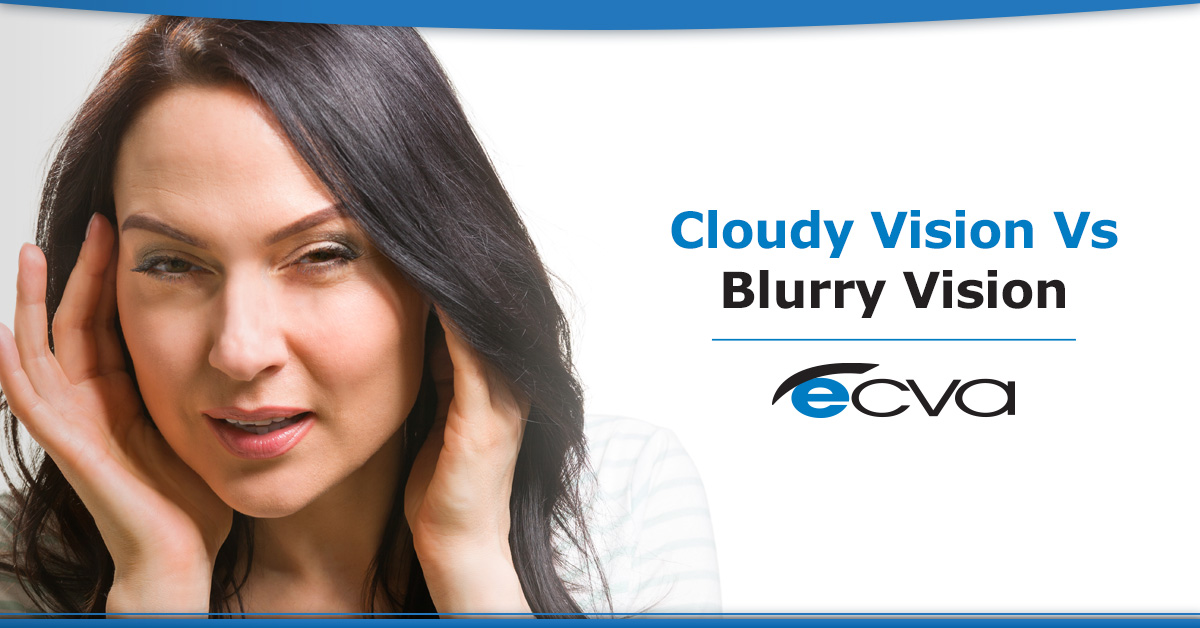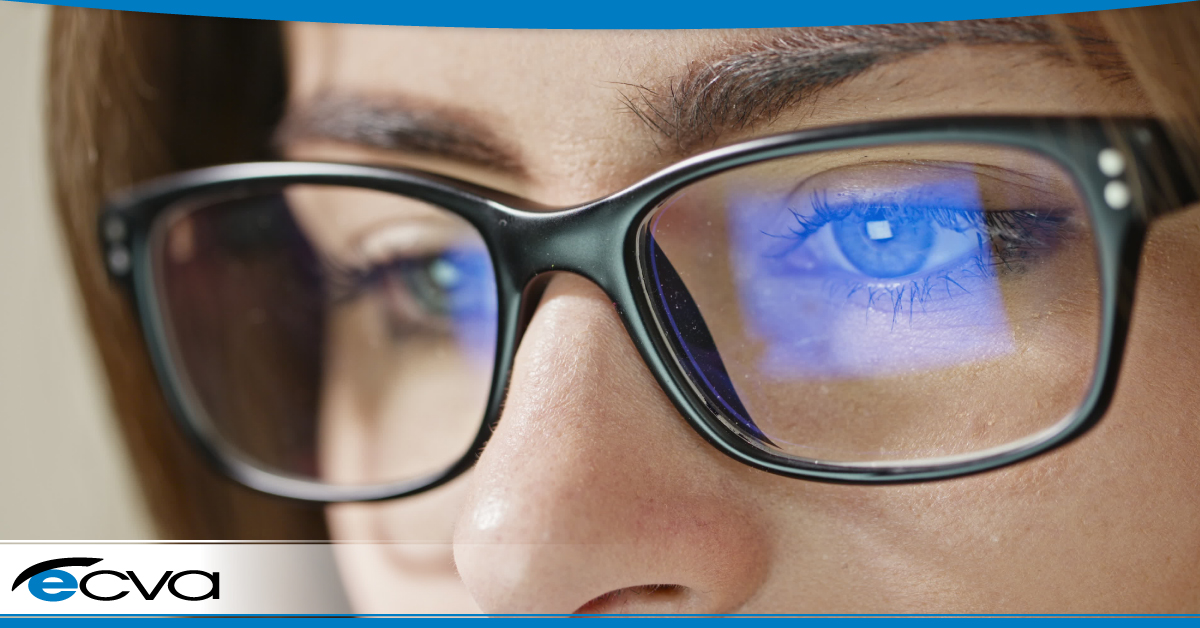We are delighted to announce the reopening of our Orchard Park eye care center, which officially took place on Monday, October 30th. This marks the beginning of a new chapter for us, and we couldn’t be more excited to share it with our cherished southtown community.
A Commitment to Excellence
At our Orchard Park center, we’ve poured our hearts into a comprehensive revitalization, driven by our unwavering commitment to delivering top-tier eye care that exceeds your expectations for both quality and service. Our mission is simple – to provide exceptional eye care while treating you as not just a patient, but as a unique individual.
What’s New:
- Spacious Environment: The new center boasts a more spacious and comfortable setting, creating a welcoming and soothing atmosphere for all our patients.
- Cutting-Edge Technology: We’ve invested in state-of-the-art medical equipment to ensure that you receive the highest standard of care. Your eye health is our priority, and we’ve equipped our center accordingly.
- Expanded Optical Shop: Our Optical Shop has nearly doubled in size, offering an even wider selection of eyewear, frames, and accessories to cater to your style and vision needs.
A Team Dedicated to You
Our entire team, including our skilled ophthalmologists and dedicated staff, are united by a singular goal – to care for you as a person, not just a patient. We understand the importance of eye health in your overall well-being, and we’re here to support you every step of the way.
Unmatched Eye Care Expertise
Our specialized team of doctors and certified technicians are committed to providing the highest level of care for your eyes. We pride ourselves on dedicating time and attention to understanding the root causes of your eye conditions. This enables us to create personalized treatment plans tailored to your unique needs.
Schedule Your Visit in The Southtowns
For any questions or to schedule an appointment at our newly rejuvenated Orchard Park center, please feel free to call us at 716.631.3937 (EYES) or 716.648.5329. We’re here to serve you, and we can’t wait to welcome you to our refreshed facility.
Thank you for entrusting us with your eye care, and we look forward to providing you with the highest level of service and expertise at our Orchard Park location.












